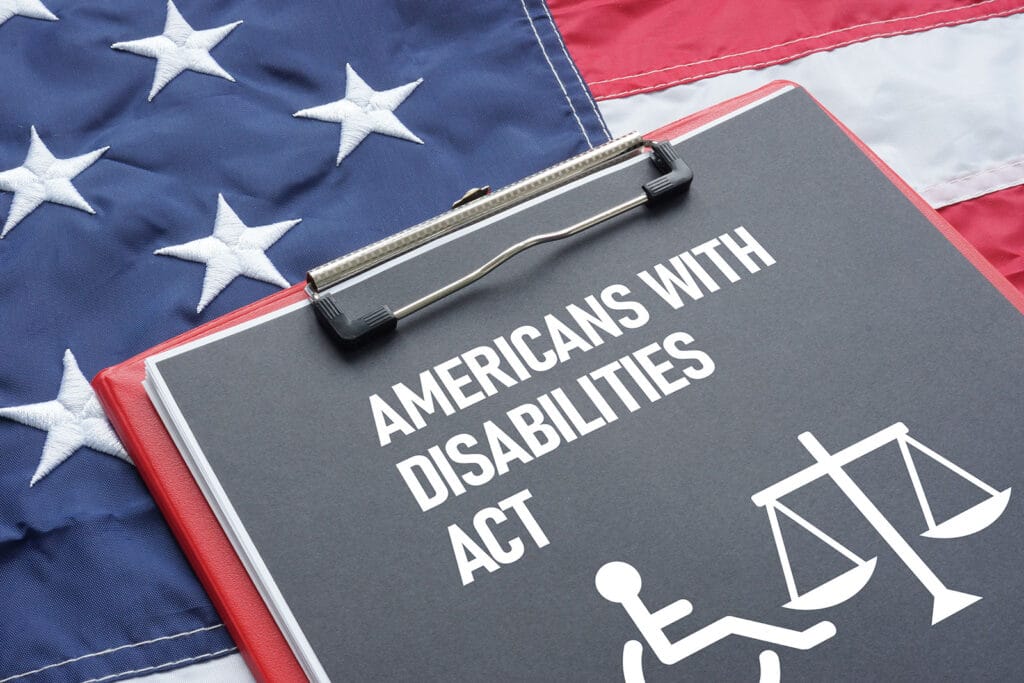If you’re struggling with substance abuse or a mental health condition like alcohol addiction or drug addiction, the idea of taking time off work to attend a rehab program can be daunting. One of the most common fears people have is: Can I get fired for going to rehab? The good news is that, in many cases, federal laws offer legal protections that can safeguard your job while you seek treatment. However, these protections come with important conditions and responsibilities.
Table of Contents
Legal Protections for Employees Seeking Rehab
Several federal laws provide job-protected leave or safeguards for employees pursuing addiction treatment, depending on the circumstances:
1. The Family and Medical Leave Act (FMLA)
The Family and Medical Leave Act (FMLA) allows eligible employees to take up to 12 weeks of unpaid leave per year for serious health conditions, including substance use disorders. This leave can be used for:
- Inpatient rehab
- Outpatient rehab
- Detox
- Aftercare or ongoing treatment
To qualify for FMLA:
- Your employer must have at least 50 employees within a 75-mile radius
- You must have worked for the company for at least 12 months
- You must have logged at least 1,250 work hours in the past 12 months
FMLA ensures job security while you’re receiving treatment. It’s important to notify human resources and follow your company’s procedure for taking FMLA leave.
2. The Americans with Disabilities Act (ADA)
The ADA protects individuals with disabilities, including those in addiction recovery. While current illegal drug use is not protected, those who have sought treatment and are no longer using drugs may qualify for protection under the ADA.
The ADA prohibits discrimination and may require employers to provide reasonable accommodations for workers in recovery, such as:
- Adjusting schedules for support groups or counseling
- Granting time off for ongoing treatment
Employers cannot legally fire you because you’re in treatment, but they can still take action based on job performance or violations of a company’s policies (e.g., failed drug tests or poor attendance).

3. The Rehabilitation Act
For federal employees and certain organizations receiving federal funding, the Rehabilitation Act provides similar protections to the ADA.
Privacy Matters: HIPAA and Confidentiality
The Health Insurance Portability and Accountability Act (HIPAA) protects your medical records and health information, including your participation in a treatment program. Employers generally cannot access your treatment records without your consent, and rehab centers are bound by law to maintain your privacy.
You may need to provide medical certification from a healthcare provider to justify your leave, but this documentation does not have to include details about your diagnosis or specific treatment plan.
When You Could Be at Risk of Losing Your Job
While legal protections exist, there are circumstances where employment could still be affected:
- If you violate a company’s drug-free workplace policy
- If you use illegal drugs while on the job
- If your job performance suffers and you haven’t disclosed your condition or sought treatment
Being proactive is key. Voluntarily seeking treatment before facing disciplinary action may increase your chances of retaining your position and being covered under FMLA or ADA.
Talking to Your Employer
If you’re considering going to rehab, it’s often best to involve human resources early and be honest about your need for a leave of absence for medical reasons. Many companies have Employee Assistance Programs (EAPs) that provide confidential support and help employees navigate the admissions process for rehab.
Insurance and Rehab Coverage
Before entering a treatment center, check with your insurance provider about what services are covered. Many health insurance plans provide coverage for:
- Detox
- Inpatient and outpatient rehab
- Aftercare
- Support groups
Verifying insurance coverage helps reduce stress and ensures you’re informed about available treatment options.

Returning to Work After Rehab
Once you’ve completed your rehab program, you may be eligible for continued support under the ADA or through your company’s policies. This might include:
- Gradual return-to-work programs
- Flexible scheduling for aftercare or therapy
- Ongoing access to mental health support
Workplaces are increasingly recognizing the value of addiction recovery and the importance of supporting employee well-being. Seeking help not only improves your quality of life but can also restore your job performance and professional confidence.
Final Thoughts
So, can you get fired for going to rehab? In many cases, no — especially if you act early, follow proper procedures, and are covered under laws like FMLA, the ADA, or the Rehabilitation Act. Your journey toward recovery is a sign of strength, not a weakness.
If you or a loved one is considering substance abuse treatment, don’t let fear of job loss hold you back. There are legal protections and treatment options available to help you heal while safeguarding your employment.
Always consult a healthcare professional, review your company’s policies, and seek legal advice if you’re unsure about your rights.


